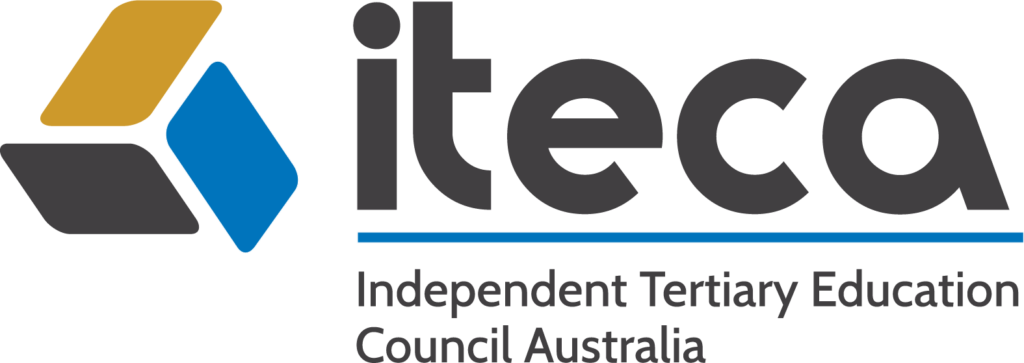Personal training is a rewarding career that combines a passion for fitness with the opportunity to help others achieve their health and wellness goals. With the increasing demand for skilled personal trainers, enrolling in a comprehensive personal training course is an important step toward building a successful career in the fitness industry. Let’s explore the five key skills you’ll develop during your personal training course, setting you up for success and ensuring you provide the best possible service to your future clients.
1. Motivational Coaching Skills
A critical skill for any personal trainer is the ability to motivate clients. Motivational coaching involves understanding the psychological aspects of fitness and learning how to inspire and encourage clients to stay committed to their goals. During a personal training course, you’ll gain insights into behavioural change theories, goal setting, and various techniques to keep clients engaged and motivated.
Effective motivational coaching can make a significant difference in a client’s progress. By understanding what drives each individual, you can tailor your approach to meet their unique needs and preferences. Techniques such as positive reinforcement, setting realistic milestones, and providing consistent feedback help clients stay on track and achieve their fitness objectives. A study published in the National Library of Medicine shows that motivational coaching has an immense impact on individual adherence to exercise – in other words, using motivational coaching practices improves the overall inherent satisfaction of exercising for the client.
Motivational coaching is not just about pushing clients to do more reps or run faster; it’s about understanding their underlying motivations. For some, it might be about improving their health to enjoy a better quality of life, while for others, it might be about achieving a specific athletic goal. By tapping into these deeper motivations, you can create a more personal and effective training experience. Additionally, learning how to handle setbacks and plateaus with positive reinforcement can keep clients from becoming discouraged and help them see the long-term benefits of their hard work.

2. Nutrition and Diet Planning
Nutrition plays a pivotal role in achieving fitness goals. As a personal trainer, you’ll need to provide clients with sound dietary advice that complements their workout regimens. Your course will equip you with the knowledge to create balanced diet plans that cater to various fitness goals, whether it’s weight loss, muscle gain, or overall health improvement.
You’ll learn about macronutrients and micronutrients, calorie counting, and how different foods affect the body’s performance and recovery. With this knowledge, you can guide your clients in making healthier food choices and developing sustainable eating habits.
Understanding the science behind nutrition is crucial for providing accurate and beneficial advice. For instance, knowing how proteins, fats, and carbohydrates work in the body can help you create meal plans that optimise energy levels and muscle recovery. You’ll also learn about the importance of vitamins and minerals, and how deficiencies can impact performance and overall health.
A personal training course will also teach you how to assess a client’s dietary habits and make practical recommendations that fit their lifestyle. This could involve creating meal plans, suggesting healthy alternatives to favourite foods, or helping clients understand portion sizes and food labels. By providing tailored nutrition advice, you can help clients achieve better results and maintain their progress long-term.
3. Exercise Techniques and Programming
Effective personal trainers are well-versed in a wide range of exercise techniques and programming strategies. This skill set is critical for creating varied and engaging workout plans that keep clients motivated and progressing towards their goals. In a personal training course, you’ll master the correct form and execution of various exercises, from basic movements to advanced techniques.
You’ll also learn how to structure training programs that align with clients’ fitness levels and objectives. This includes understanding the principles of progression, periodisation, and recovery. By incorporating these elements, you can design routines that challenge clients appropriately and lead to continuous improvement.
A deep understanding of exercise science ensures you can create safe and effective workout plans. You’ll learn about different types of training, such as strength training, cardiovascular training, flexibility exercises, and more. Each type of exercise has its own benefits and applications, and understanding these can help you design well-rounded programs that address all aspects of fitness.
4. Client Assessment and Communication
One of the most important aspects of personal training is the ability to assess clients accurately and communicate effectively. Client assessments involve evaluating fitness levels, identifying strengths and weaknesses, and understanding individual goals. This information is crucial for developing personalised training plans that address specific needs and ensure progress.
Effective communication is equally important. As a personal trainer, you’ll need to build rapport with clients, motivate them, and provide clear instructions and feedback. A personal training course will teach you the best practices for conducting assessments and enhancing your communication skills. This ensures you can establish strong relationships with clients and help them achieve their fitness goals.
Accurate client assessments are the foundation of any successful training program. During your course, you’ll learn how to conduct various fitness tests to measure components such as cardiovascular endurance, muscular strength, flexibility, and body composition. These assessments provide valuable data that helps you create tailored workout plans and track progress over time.
5. Business and Marketing Skills
Beyond the technical aspects of personal training, having a solid foundation in business and marketing is essential for a successful career. Personal training courses often include modules on business management, marketing strategies, and client retention techniques. These skills are vital for building and maintaining a thriving personal training business.
You’ll learn how to market your services effectively, manage client relationships, and develop business plans that support growth and sustainability. Understanding the business side of personal training ensures you can attract and retain clients, set competitive pricing, and manage your time and resources efficiently.
But your journey doesn’t have to stop there. To take your business knowledge to the next level, consider enrolling in Fit Education’s Diploma of Business. This course dives deep into the ins and outs of business management within the fitness industry. You’ll learn strategic thinking, financial planning, resource management, and how to communicate effectively as a leader. It’s perfect for those who aspire to take on leadership roles and make a bigger impact in the fitness world.
Enrolling in a personal training course provides you with a comprehensive skill set that prepares you for a successful career in the fitness industry. From motivational coaching and nutrition to mastering exercise techniques and client communication, these courses cover all the essential aspects of personal training. Additionally, gaining business and marketing skills ensures you can build and sustain a prosperous personal training practice.
If you’re passionate about fitness and helping others achieve their goals, consider enrolling in Fit Education’s expansive personal training courses. Equip yourself with the knowledge and skills needed to excel in this rewarding field and make a positive impact on your clients’ lives.
